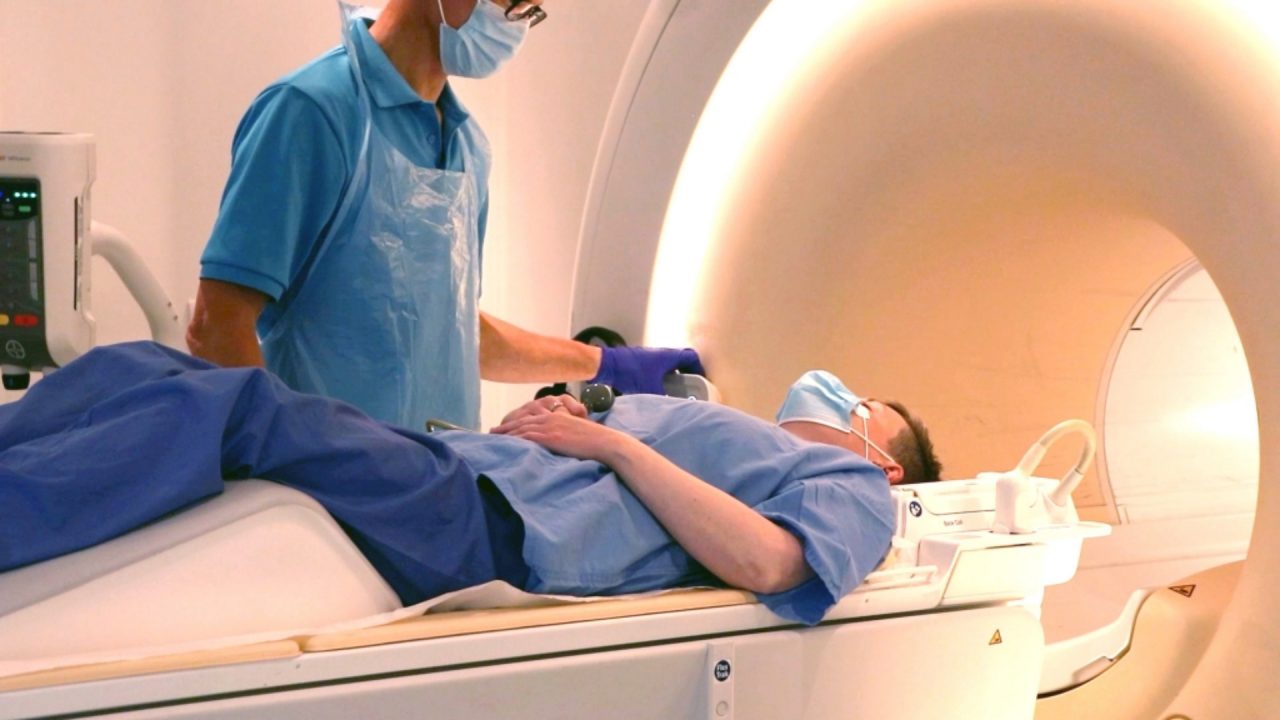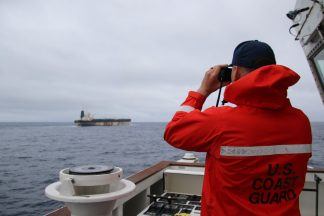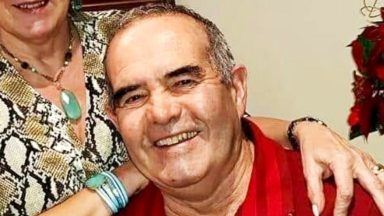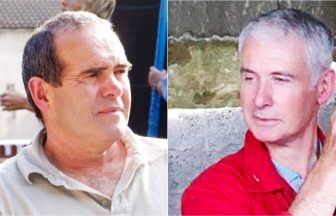The effectiveness of a new method of identifying Alzheimer’s disease is to be trialled for the first time by University of Aberdeen researchers.
While there is no cure for Alzheimers, early diagnosis allows patients to access the most relevant support as soon as they can.
A strong indicator of Alzheimer’s disease is the low ability of brain cells to use glucose, which can be measured by injecting radioactive glucose and imaging the brain with a positron emission tomography (PET) scan.
However, PET scans expose patients to ionising radiation and are expensive for routine use.
A recently developed method, called Chemical Exchange Saturation Transfer (CEST), can image brain glucose using an MRI scan, which has no radiation exposure risk to patients.
The research team from Aberdeen University will study, for the first time, if CEST can detect differences in glucose concentration between patients with Alzheimer’s disease and volunteers without symptoms of similar age.
The study will set the foundation for future research to examine the clinical utility of the method for detecting Alzheimer’s disease very early.
MRI scans are safe, less costly and more widely available and could potentially replace PET scans for assessing brain glucose in patients with symptoms of Alzheimer’s disease, or screening those genetically at risk.
In 2019, research found there were over 850,000 people with dementia in the UK – which represents one in every 14 of the population aged 65 years and over.
By 2040, it is forecast there will be over 1.5 million people with dementia in the UK.
Dr Gordon Waiter, director of the Aberdeen Biomedical Imaging Centre at the university said: “Alzheimer’s disease is the most common type of dementia. Patients experience increasing problems with memory, speaking, thinking, and other activities of daily living.
“Most available treatments aim at controlling symptoms at an early stage rather than providing a cure. Therefore, early diagnosis of Alzheimer’s disease is important.
“CEST is a promising new method for diagnosing this disease and this important study will give us more information about its effectiveness as a diagnostic tool.”
Follow STV News on WhatsApp
Scan the QR code on your mobile device for all the latest news from around the country


 University of Aberdeen
University of Aberdeen
























